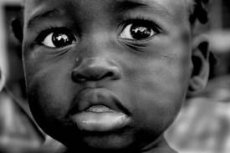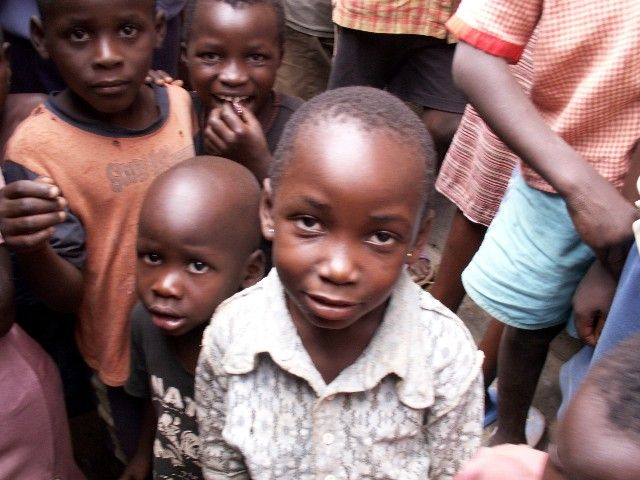New publications
Today marks Africa's Children's Day
Last reviewed: 01.07.2025

All iLive content is medically reviewed or fact checked to ensure as much factual accuracy as possible.
We have strict sourcing guidelines and only link to reputable media sites, academic research institutions and, whenever possible, medically peer reviewed studies. Note that the numbers in parentheses ([1], [2], etc.) are clickable links to these studies.
If you feel that any of our content is inaccurate, out-of-date, or otherwise questionable, please select it and press Ctrl + Enter.

Every year on June 16, the International Day of the African Child is celebrated worldwide on the initiative of the Organization of African Unity. The holiday was first celebrated in 1991, and since then the main theme of the Day has been to attract the attention of the world community, children's and medical organizations, as well as politicians around the world to the problems of African children and the conditions of their daily lives.
The date of the International Day of the African Child was chosen in connection with the tragic events that took place on June 16, 1976 in South Africa. On that day, thousands of black schoolchildren took to the streets of a settlement on the southwestern outskirts of Johannesburg - Soweto (South Western Townships) - demanding an improvement in the quality of school education and defending the right to study in their native language.

Hundreds of young Africans were shot dead by government security forces. Over the next two weeks, more than a hundred people were killed and more than a thousand were injured. Official figures say that from June 16, 1976, to February 28, 1977, 575 people were killed in police shootings and about 6,000 were arrested during the uprising.
In 2011, the Day's events focused on the plight of street children, who number an estimated 30 million on the continent. The term "street children" is often criticized, but UNICEF (United Nations Children's Fund) describes them as follows: "they live in an urban environment; have little or no contact with parents or other relatives; are forced to survive by various means; see life on the street as the only possible way of existence, the street replaces their family and becomes a place of social activity; they live with risk to their lives and are exposed to many dangers."
As is known, street children are the most vulnerable children in the world; they are repeatedly subjected to violence, exploitation, physical and moral humiliation.
Tuition fees are another big problem for many African children. Despite the efforts and help of charitable organizations, there is still an insurmountable barrier between the law and reality. That is why international organizations, starting with the African Union and UNICEF, annually put forward initiatives and hold discussions with the aim of bringing the lives of millions of African children closer to human ones.
